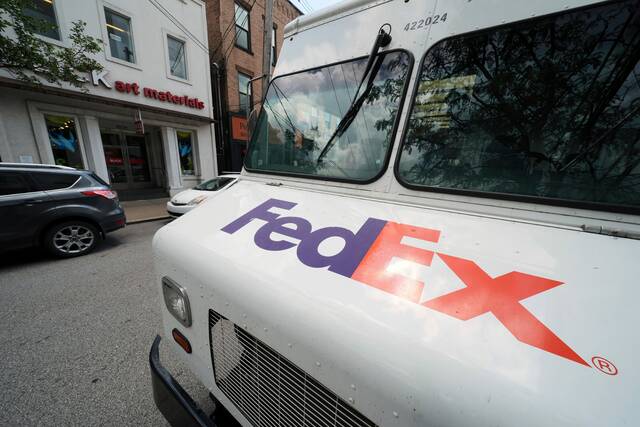NEW YORK/WASHINGTON — Americans shopping for 2026 health insurance plans from the Affordable Care Act are facing a more than doubling of monthly premiums on average and are likely to postpone signing up in hopes of a last-minute reprieve, or walk away, health experts say.
Covid-19 pandemic-era subsidies, due to expire at year-end, are at the center of the month-long U.S. government shutdown, with the potential to affect election outcomes and increase the rate of U.S. uninsured.
The subsidies helped double ACA enrollment to 24 million since they were put in place in 2021.
Enrollment is now open for the plans created by President Barack Obama’s signature 2010 legislation. Enrollees on average will see premiums rise about 114%, with the impact varying among the 22 million people who receive subsidies, according to research firm KFF.
Austin Jeha, a 24-year-old medical billing professional from San Ramon, Calif., relies on insurance to help pay for specialty care for his ulcerative colitis. Jeha’s new monthly premium is set to rise to $436 from $215.
Jeha regularly receives treatment from a specialist, handing over an $85 co-pay. “You’re at a higher risk of colon cancer,” he said, so doctors “want to check in to see if you’re in remission or not.”
Jeha has reached out to his representative in the U.S. Congress, Democrat Mark DeSaulnier, and is waiting to see if an agreement in Washington would cut his costs.
Caught up in the shutdown
Large swaths of the U.S. government have been shut since Oct. 1, leaving hundreds of thousands of federal workers without pay and disrupting a wide range of services, from financial oversight to medical research.
Democrats say any package that would reopen the government must also extend ACA subsidies. Republicans say they are open to addressing that issue, but insist Congress must first vote to restore government funding.
Residents in Florida, Texas and Georgia are among those who will be most affected. In these and seven other Republican-led states, Medicaid is limited to the poorest residents, leaving many low-income families to seek out ACA plans because of the subsidies.
Scott Darius, executive director of nonprofit Florida Voices for Health, said working-class residents and small business owners have come to rely on these plans at a time of persistent inflation.
“That’s who will suffer with the expiration of these tax credits. It’s people who are working really hard, sometimes working multiple jobs, just jobs that don’t provide health coverage,” Darius said in an interview.
When the subsidies sunset, those with incomes over 400% of the federal poverty level will no longer be eligible.
In every congressional district across Florida, enrollees over age 60 with incomes just above 400% of the federal poverty level — roughly $84,600 for a couple — will see 2026 average premiums at least four times more expensive, according to a KFF analysis of government data.
The Department of Health and Human Services declined to comment, pointing to a fact sheet that said enrollees this year will have access to, on average, plans with lower premiums after tax credits and more plan choices overall.
Dr. Mehmet Oz, who oversees the program, recently said the premium for the average person enrolled would rise about $13 to $50 monthly.
Holding off and maybe dropping out
The likelihood that enrollment will be unaffected by the fight over subsidies - whether they are extended or not - is slim. Subsidized enrollees are expected to see an average premium increase to $1,904 a year from $888 in 2025, KFF said.
“Consumers are going to consume differently because of the various price points that they’re being told,” said Shawn Martin, CEO of the American Academy of Family Physicians.
Four insurance industry experts told Reuters enrollment will fall even if there is an extension of the subsidies after enrollment begins.
“If somebody logs in during open enrollment and sees their premium payment doubling and then walks away and decides not to purchase their plan anymore, that damage has already been done,” said Cynthia Cox, a vice president at KFF.
According to a Congressional Budget Office estimate, over 4 million Americans would become uninsured if Congress does not extend these credits.
Even before calculating subsidies, health insurance prices have risen, as insurers like CVS Health’s Aetna have exited the ACA market. Departures and higher healthcare costs have contributed to price increases on average of 26%, KFF said.
Timothy McCann, a 42-year-old financial professional based in Elmwood Park, New Jersey, expects his monthly insurance premium to increase to $1,851 from $1,517, according to the Healthcare.gov website. McCann purchased the insurance to cover treatments for him and his wife, who both have autoimmune diseases, and kidney surgery for his three-year-old son.
“We need constant visits, so it’s probably a net gain at the end of the day. But it’s still a crazy amount of money to spend,” said McCann, whose total out-of-pocket medical expenses reached $33,000 this year.








